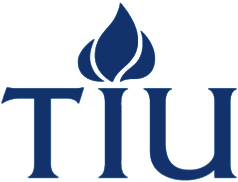Support Trinity's Mission
Join us as we give thanks for God’s faithfulness to Trinity for the past 125 years and look to fulfilling the unique mission he has entrusted to us.
Unite with the Trinity community for GivingTuesday on November 29 and help us raise $100,000 to support students across the University and continue our legacy of equipping men and women for God’s redemptive work in the world.
Give today—and help transform the lives of students at Trinity.
DONATE

